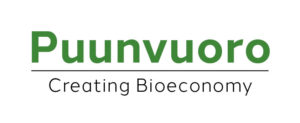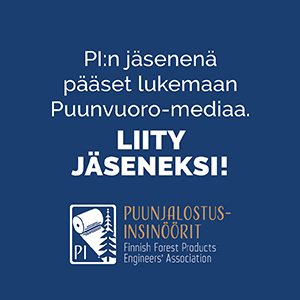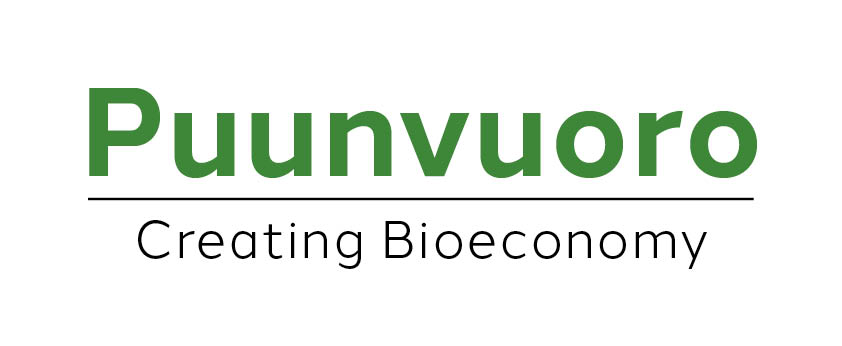Marco Eikelenboom, CEO of Sappi Europe, has assumed the role of Chairperson of the Confederation of the Paper and Pulp Industry (Cepi) for a two-year term. This period coincides with crucial events, including the European Parliament elections and the subsequent mandate for the European Commission. The European Green Deal is now in motion and a cross-sector of 55% emission reduction targets compared to 1990 baseline must be met within the next six years in the EU. This spells a critical time for the forest-based industries, but also a time of opportunity for one of the continent’s greenest industries.
“This is an exciting time in a good way, but also very challenging”, says Eikelenboom.
He recognises that the industry has never been more adept in articulating its position, thanks to the valuable technological developments and practices which have increased its sustainability over past decades, ongoing hi-tech innovations, and a commitment to transparency in its operations. Drawing on his experience at Sappi, a multinational company, Eikelenboom highlights the impact of legislative developments on Europe’s competitiveness.
“Europe is losing its attractiveness if we are not careful. The boards will start reconsidering investments if the competitive edge of Europe continues to weaken due to legislation.”
The Need for Predictability
Eikelenboom underscores the crucial role of regulatory predictability in creating an investment friendly environment. He firmly believes that the bio-based industry can be sustainable, generate employment, and compete globally if provided with the right conditions, without being hindered by legislation.
“We are not asking for anything dramatic. We simply seek predictability so that we can continue our journey in the coming years. We should acknowledge what we have achieved already – there’s no need to start from zero.”
He points out that the EU packaging and packaging waste regulation brings significant uncertainty about the future of recycling. However, Eikelenboom observes a shift within the European Commission, recognizing that the success of the Green Deal depends on industry support. Failure to secure industry backing could result in Europe winning accolades for the Green Deal but ending up as an industrial desert. Globally, that would also be a setback for the Green Deal, due to some high-emitting industries simply moving activities to less regulated global regions.
Unifying the Value Chain
Marco Eikelenboom emphasizes the necessity for the entire value-chain of forest-based industries to unite in articulating its significance, including both Cepi member companies and others. He highlights the need for unity, comparing it to the chemical or energy industry.
“We have not been as unified as other industries. What has been done for the energy industry needs to be replicated in the forest material industry, also meaning a phase out of fossils. The forest-based industry is a massive sector when we take the entire value chain into account.”
With the entire value chain at their disposal, forest-based industries have the potential to play a vital role in achieving the EU’s climate and environmental targets. Eikelenboom stresses the centrality of creating renewable materials.
“Nobody in our sector is against setting targets, whether it is for carbon emissions, renewable resources or for recycling. We have the solutions for the problems that Europe and the whole world are facing – we have the means, the technology, and decades of experience to contribute to building a fossil-free Europe.”




